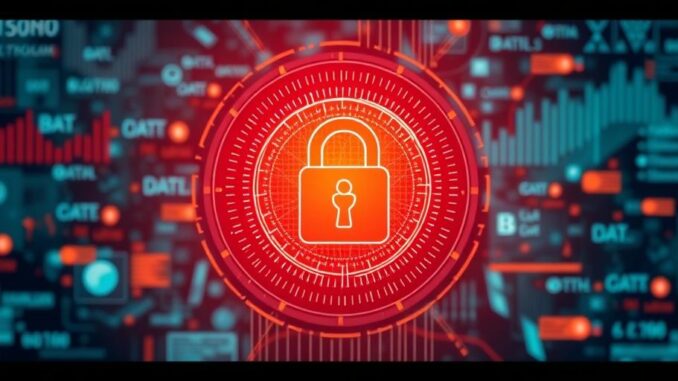
Summary
The 2020 Virgin Media data leak exposed personal information of 900,000 customers due to a misconfigured database. This incident highlighted the risk of human error in data breaches and the importance of robust security measures. Those affected could be entitled to compensation for distress and financial losses.
** Main Story**
The Virgin Media Data Leak: A Cautionary Tale for Everyone
Back in March 2020, Virgin Media – you know, the big telecommunications company over in the UK – dropped a bombshell. They announced a pretty massive data breach, impacting around 900,000 customers. It wasn’t some sophisticated hack, either. It was, in essence, a massive oversight.
The real kicker? It wasn’t some shadowy hacker group, but a simple misconfigured marketing database, just sitting there exposed online for a whopping ten months. From April 2019 to February 2020, it was just out in the open. Okay, so they confirmed that passwords and financial details weren’t compromised; however the database did contain names, phone numbers, email addresses, home addresses, birth dates, and even some product info. Sensitive stuff, right?
Why Healthcare Data Security Matters Big Time
The Virgin Media situation highlights a bigger problem: data security, especially in healthcare. I mean, think about it. Hospitals hold so much sensitive patient data. Names, addresses, social security numbers, and more, that makes them a huge target for cybercriminals. And because of that, the consequences of a data breach in healthcare can be dire. Patient safety is at risk, identity theft becomes a real threat, and essential medical services get disrupted. It’s a nightmare scenario.
Ransomware: A Growing Threat
Ransomware attacks are a particularly nasty threat to hospitals. Hackers encrypt all the data and demand a ransom to unlock it, like holding the whole hospital hostage. This can bring entire systems to a grinding halt, potentially delaying critical treatments and endangering lives. With our increasing reliance on digital systems in healthcare, this vulnerability is only getting worse.
Lessons from Virgin Media: How to Protect Healthcare Data
So, what can healthcare providers learn from the Virgin Media mishap? Quite a bit, actually. It’s all about taking a proactive approach to protect patient information.
- Human Error is a Big Deal: The Virgin Media breach wasn’t the result of some super-advanced hacking technique. It stemmed from a simple misconfiguration by an employee. That’s why thorough staff training and strict security protocols are essential. You can’t just assume everyone knows what they’re doing.
- Regular Security Audits: Think of these as regular check-ups for your data security. They help identify vulnerabilities before they can be exploited. You wouldn’t skip your annual physical, would you?
- Incident Response Plan: Hope for the best, but prepare for the worst. A well-defined incident response plan is crucial for minimizing the impact of a data breach. It should outline procedures for identifying and containing the breach, notifying affected individuals, and restoring systems.
- Invest in Cybersecurity: It’s not cheap, but it’s necessary. Healthcare organizations need to invest in robust cybersecurity measures, like firewalls, intrusion detection systems, and data encryption. Think of it as an insurance policy against a potentially catastrophic event.
- Collaboration is Key: Sharing information about cyber threats and best practices across the healthcare sector can really strengthen our collective defenses. What one hospital learns from an attack can help prevent another from suffering the same fate. It’s all about learning from each other.
The Aftermath and the Legal Side of Things
After the data breach, Virgin Media notified affected customers and advised them to watch out for phishing scams and identity theft. Unsurprisingly, the incident led to a class-action lawsuit against the company, with victims seeking compensation for the stress, potential financial losses, and the loss of control over their personal information.
Furthermore, the case highlights the importance of data protection regulations like GDPR, which holds organizations accountable for protecting personal data and gives individuals the right to seek compensation for damages resulting from data breaches.
So, Where Do We Go From Here?
The Virgin Media data breach serves as a wake-up call for all organizations, especially those in healthcare. We’ve got to have robust data security measures in place and be proactive about cybersecurity. Technology is important, but human error is still a significant factor. Regular training, strict protocols, and constant vigilance are vital for safeguarding sensitive information and maintaining trust. Ultimately, when it comes to data security, there’s no room for complacency. You agree?


Be the first to comment